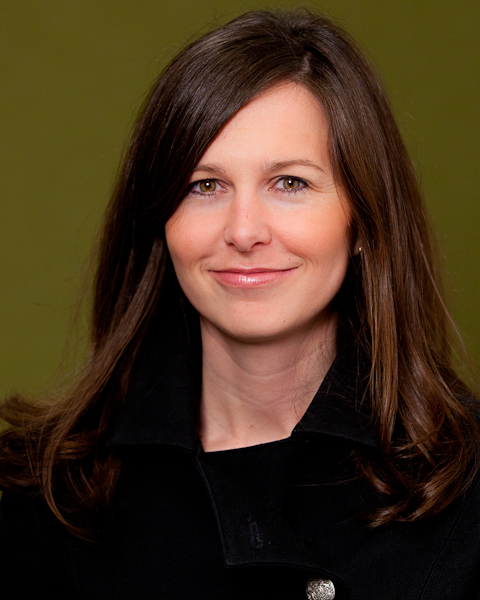Meet Circle Leader Christy from Indiana
By The Policy Circle Team
Tell us a little about yourself and why you started a circle.
I’m married with one young son and I work for an agriculture company. I like reading, gardening, art and music. I’m also enjoying the adventure of being a mom—it can be humbling, enlightening and hilarious, often all at the same time!
 After attending The Policy Circle’s Women’s Influence & Liberty Conference last year, I felt energized and inspired, particularly liking The Policy Circle’s emphasis on getting involved and impacting policy at the local level. I started a Policy Circle so my friends and I could think about and discuss policy—not just read about it in the news and social media.
After attending The Policy Circle’s Women’s Influence & Liberty Conference last year, I felt energized and inspired, particularly liking The Policy Circle’s emphasis on getting involved and impacting policy at the local level. I started a Policy Circle so my friends and I could think about and discuss policy—not just read about it in the news and social media.
How did you become a believer in what human creativity can accomplish in a free market economy?
My thinking about the free market economy has been influenced by my experience working in a regulated industry, reading, and through conversations with others—including women in The Policy Circle. The free market economy is inherently optimistic about people’s potential. While it’s not perfect, it’s a key reason we have experienced such significant progress and innovation in our country.
Any words of wisdom for new circle leaders?
Access the great resources The Policy Circle offers to Circle leaders. I’ve been grateful for the support I’ve received on topics great and small, from establishing a Circle’s culture, to answering questions about state level data, to the nuts and bolts of getting the Circle up and running, and more. The informal best practices they’ve shared have been invaluable.
I have also discovered that summarizing the discussion at the end of each Circle meeting is a more important step than I initially realized. The topics we discuss tend to be so complex, and it can feel like the conversation goes by very quickly. Summarizing the discussion helps re-focus the group, is a natural segue to conversations about how to take action, and gives the Circle members an appreciation for the ground they covered in the dialogue.
What’s your latest circle conversation about?
Our most recent conversation was about immigration, using The Policy Circle Immigration brief. I’m grateful we had the discussion before President Trump’s recent executive order. We were better prepared to understand the implications, and those of us who felt compelled to act knew how to quickly mobilize.
We will be discussing The Policy Circle’s Brief on Fiscal Responsibility in March.
What’s your favorite part about your circle meetings?
When Circle members contribute their life experiences or professional expertise to our conversations, it adds a new dimension to the discussion. It helps us focus on the practical terms of policy, and it’s a great way to learn from each other.
I also love it when a member says, “I hadn’t thought about it this way before,” or “I’m more tuned in to this subject in the news now that I know something about it,” or, “Let’s find out more about this and how we can get engaged.”
What’s next?
I’m looking forward to The Policy Circle of Indiana meeting with Governor Holcomb. What a great opportunity to hear directly from the Governor regarding his agenda, and to have Q&A about policy topics important to our state.
It’s a movement!
Recommend a Circle Leader. Especially in Nebraska, Wisconsin, Minnesota and Missouri where circles are sprouting.
Start a Circle in your neighborhood. Add value in your community by giving women the facts and the space to strengthen their understanding of the issues.
Invest in The Policy Circle. Together let’s build a network of women who want to assume their civic duties and understand the impact of policy in their lives.
The Policy Circle is a 501(c)3 that provides a fact-based, nonpartisan framework that inspires women living in the same community to connect, learn about and discuss public policies that impact their lives. Women across the nation are taking a leadership role in public policy dialogue on what human creativity can accomplish in a free market economy.